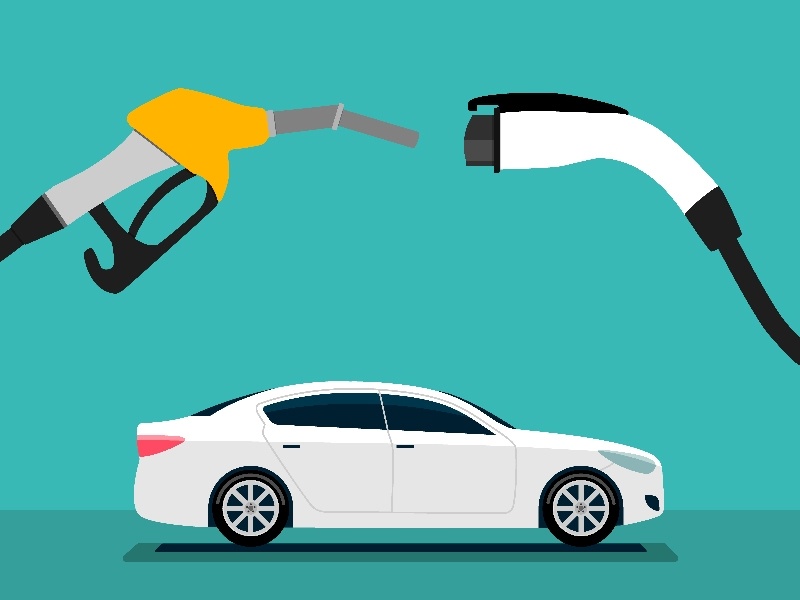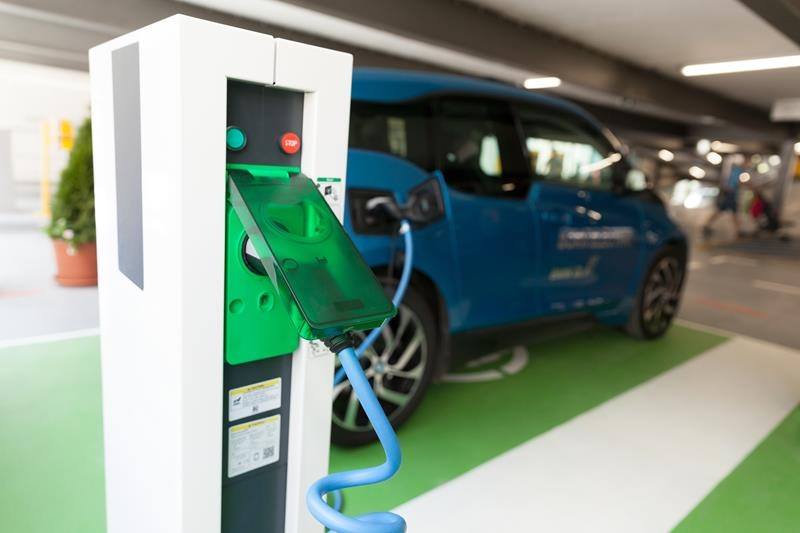EVs aren't just cleaner, they also come with a number of tax incentives to help individuals and businesses drive electric
Road tax (vehicle tax) on electric cars
First things first, although we often refer to it as 'road tax', such tax doesn't actually exist. What most people mean when saying 'road tax' is 'vehicle tax', or "Vehicle Excise Duty" (VED) as it's officially known. This is a personal tax most car owners have to pay, depending on the carbon dioxide emissions of their car. Most of us pay for road and pavement maintenance through local taxation, regardless of whether we own a vehicle.
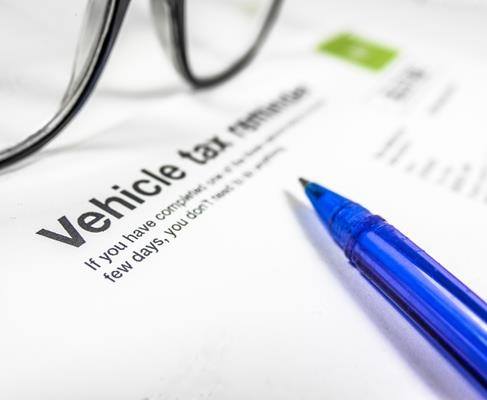
Do I have to pay road tax (vehicle tax) for my electric car?
It depends on whether you have a pure electric car, a hybrid and also when your car was first registered.
- Pure electric cars. These are currently exempt from the vehicle tax, meaning it’s free to tax them. In 2025 this exemption ends and they'll start paying the lowest first year rate of tax (currently £10) and then standard rates from then the second year on (currently £180 per year)
- Hybrid cars. They're liable to vehicle tax and you can pay anything between £0 - £180 per year depending on the levels of CO2 emissions.
- All cars registered between 1st March 2001 and 31st March 2017, with CO2 emissions less than 100 g/km. These are exempt from vehicle tax.
There's an additional vehicle tax payment for cars registered after 1st April 2017 and a cost of over £40,000. However, this doesn't apply to pure electric cars. Find out more on vehicle tax rates.
Tax on benefits in kind for electric cars
Benefit in Kind (BIK) taxation is lower on electric cars than it is on hybrids, and is massively lower than petrol and diesel cars. For 2023/2024 and 2024/2025 financial years BIK on electric cars is set at 2%. After this it will increase 1% per year, reaching 5% by 2027/2028.
This is a great saving for businesses and company car drivers. As an example, take the latest Kia e-Niro and compare this to a petrol hybrid version of the same car, the figures are given for a 40% taxpayer and show annual BIK payable.

| 2023/2024 | 2024/2025 | 2025/2026 | |
|---|---|---|---|
| Niro EV | £298 | £298 | £447 |
| Niro hybrid 1.6 GDi | £3,581 | £3,581 | £3,718 |
Other tax credits for electric cars
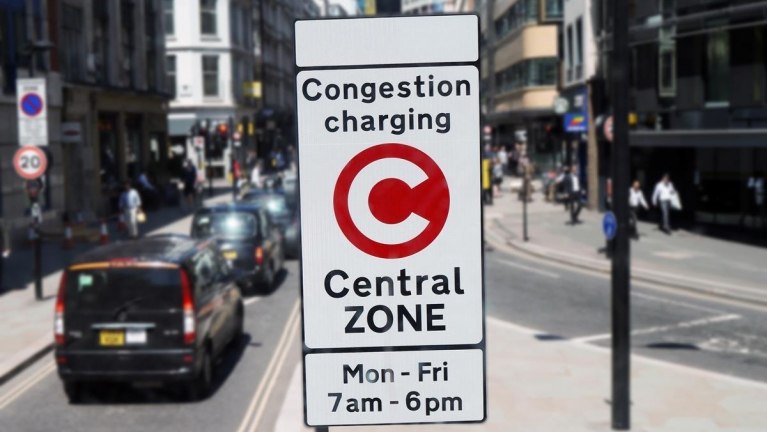
EV congestion charge exemptions
Electric cars are also exempt from the congestion charge. This is great for anyone planning a trip to a clean air zone. However, company cars which have to travel in and out of cities all the time will hugely benefit from this additional saving.
The current congestion charge in London is £15 per day per vehicle, and it applies 07:00-18:00 Monday-Friday and 12:00-18:00 Sat-Sun and bank holidays. There's no charge between Christmas Day and New Year's Day bank holiday (inclusive).

Capital allowances on electric cars
Cars with CO2 emissions of less than 50g/km are also eligible for 100% first year capital allowances. This means with electric cars, you can deduct the full cost from your pre-tax profits.
On a car costing around £40,000 this could amount to a tax relief of £7,600 in the first year.
Tax benefits on EV charging
There are no additional tax reliefs for charging your EV.
If you charge it at home, you pay a standard VAT of 5%. Business electricity is charged at a standard VAT of 20%.
However, there is no fuel duty, which currently sits around 58p per litre before tax is applied.
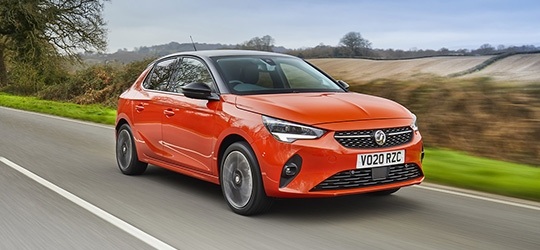
Lease a brand new electric car
Drive a brand new zero-emissions EV with an affordable monthly rental. You'll also have no vehicle tax, low maintenance costs, and a choice of free parking in many convenient locations.
Workplace EV charging tax exemptions
Employers could be exempt from being taxed as a benefit-in-kind when providing electric car charging points. These conditions need to be met:
- Electricity must be provided via a dedicated charge point
- The charging facilities must be provided at or near the workplace
- Charging must be available to either all employees or all the employer’s employees at a particular location
Read this guide on employer taxation when charging points for employees are provided.
Learn more about tax and electric cars

Grants, subsidies and schemes for electric cars
Find out what government grants are available for EVs for homes and businesses.

Maintenance & servicing of electric vehicles
Learn about maintenance and servicing for your electric car.

Running costs of an electric car
Find out what it costs to buy and run an electric car.
